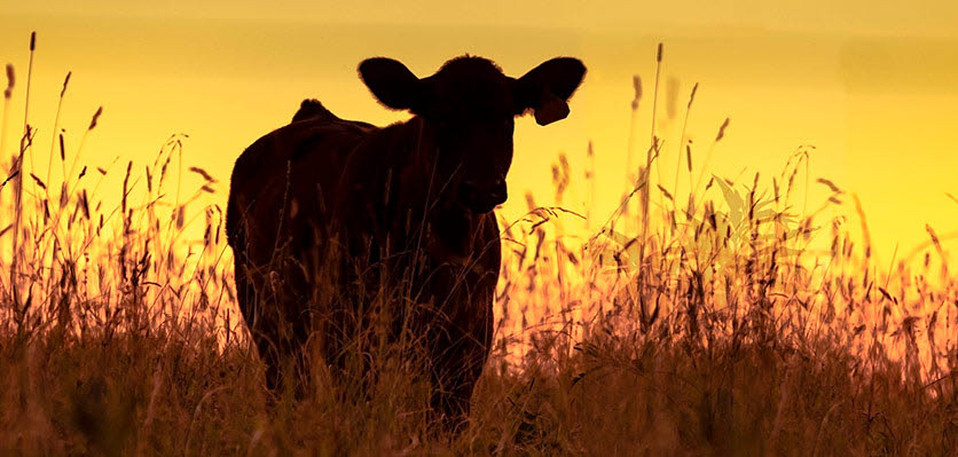Vets and BIOCHECK® help prevent zoonotic disease
05 Aug 2020
The COVID-19 coronavirus pandemic has highlighted the importance of biosecurity and the very real threat that zoonotic diseases pose to people. A zoonotic disease refers to any disease or infection that can naturally spread from animals to humans.
As the leaders in animal health and welfare, veterinarians play an important role in maintaining Australia’s biosecurity and public health through helping to manage biosecurity on farms, and working to detect and manage zoonotic diseases in animals, reducing the opportunity for zoonotic diseases to spread to humans.
Through the use of technology such as the BIOCHECK® program, veterinarians work closely with farmers to develop a biosecurity plan to ensure that their farm has considered the major biosecurity risks and has the appropriate risk management strategies in place to minimise these risks. Veterinarians also work to prevent and control animal diseases on farms, which is vital in the fight against antimicrobial resistance and prevention of zoonotic disease outbreaks.
The BIOCHECK® program was developed by the Australian Cattle Veterinarians - a special interest group of the Australian Veterinary Association (AVA). Examples of zoonotic diseases include Hendra virus, Q Fever and Leptospirosis.
Hendra virus was first identified in a large outbreak of a highly lethal disease in racehorses in 1994. Spread by flying foxes, the virus is potentially fatal to both horses and people. Since 2012 a safe and highly effective horse vaccine has been available to reduce the risk of Hendra virus infection.
Q Fever is a disease caused by the bacterium Coxiella burnetti, which can be associated with many animal species, including cattle, sheep and goats, with the disease causing a flu-like illness in humans. There is a human vaccine for Q Fever and veterinary professionals are often vaccinated against it due to their high risk of exposure during their work.
Leptospirosis is a bacterial disease caused by the Leptospira bacteria which can affect both animals and humans. Dogs can be affected, particularly if they have frequent contact with farm animals, rodents, wild animals or if they frequent water sources contaminated by animal urine. Based on the geographic location, environment and lifestyle of the dog, veterinarians may sometimes recommend dogs be protected with administration of a Leptospirosis vaccination if appropriate.
Veterinarians are involved in many biosecurity and public health activities working to detect, manage and prevent zoonotic diseases which could impact both animals and humans.
As the COVID-19 pandemic continues to affect countries around the globe, the pandemic highlights the risk that zoonotic diseases can pose to humans, and the importance of the biosecurity work veterinarians undertake every day.
For further information and requests for interviews contact the AVA media office on 0439 628 898 or media@ava.com.au.
The Australian Veterinary Association (AVA) is the only national association representing veterinarians in Australia. Founded in 1921, the AVA today represents 9000 members working in all areas of animal science, health, and welfare.
